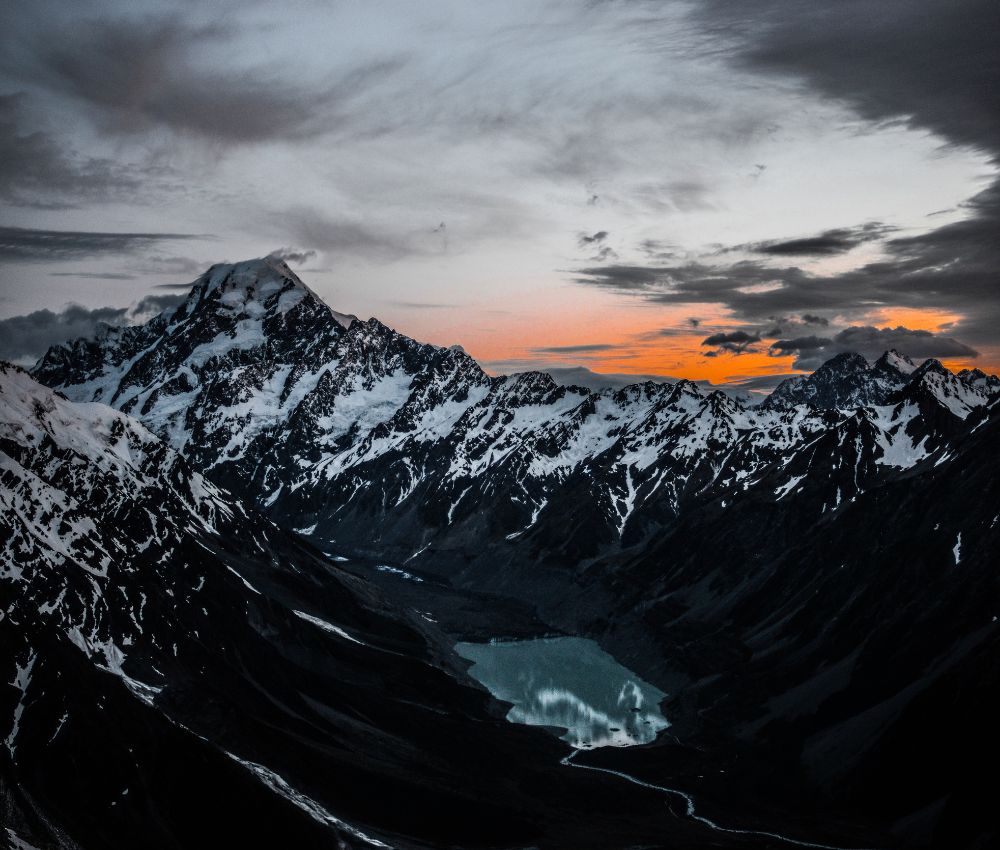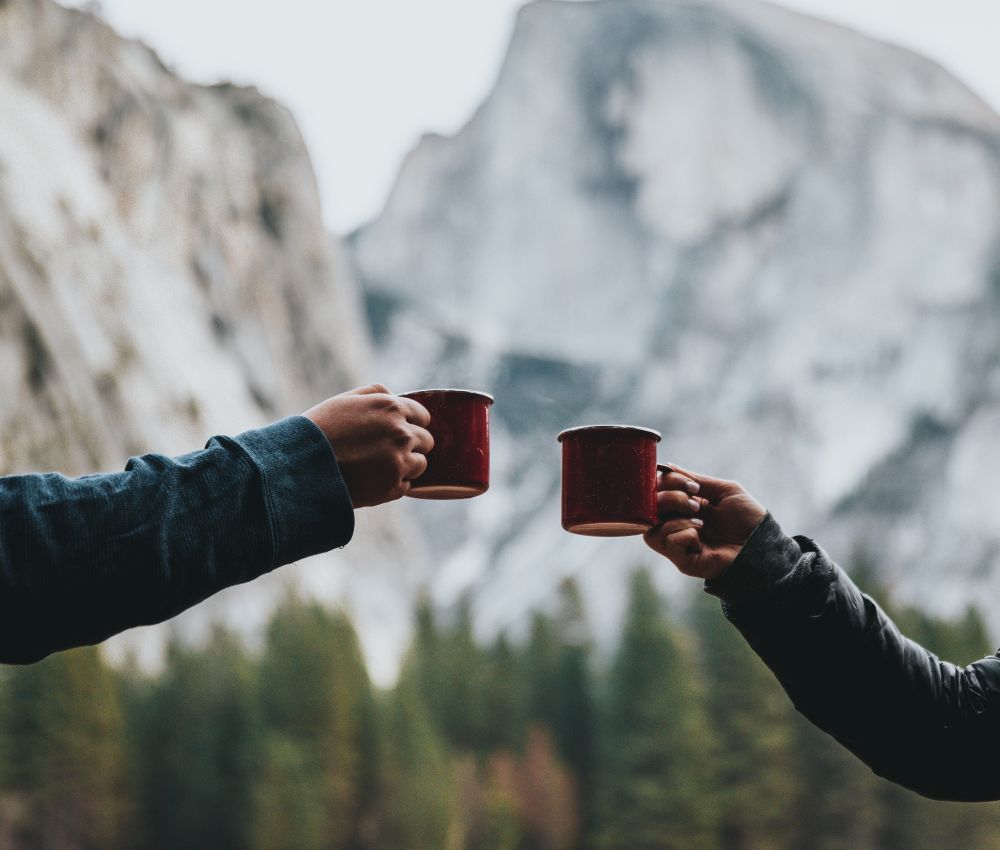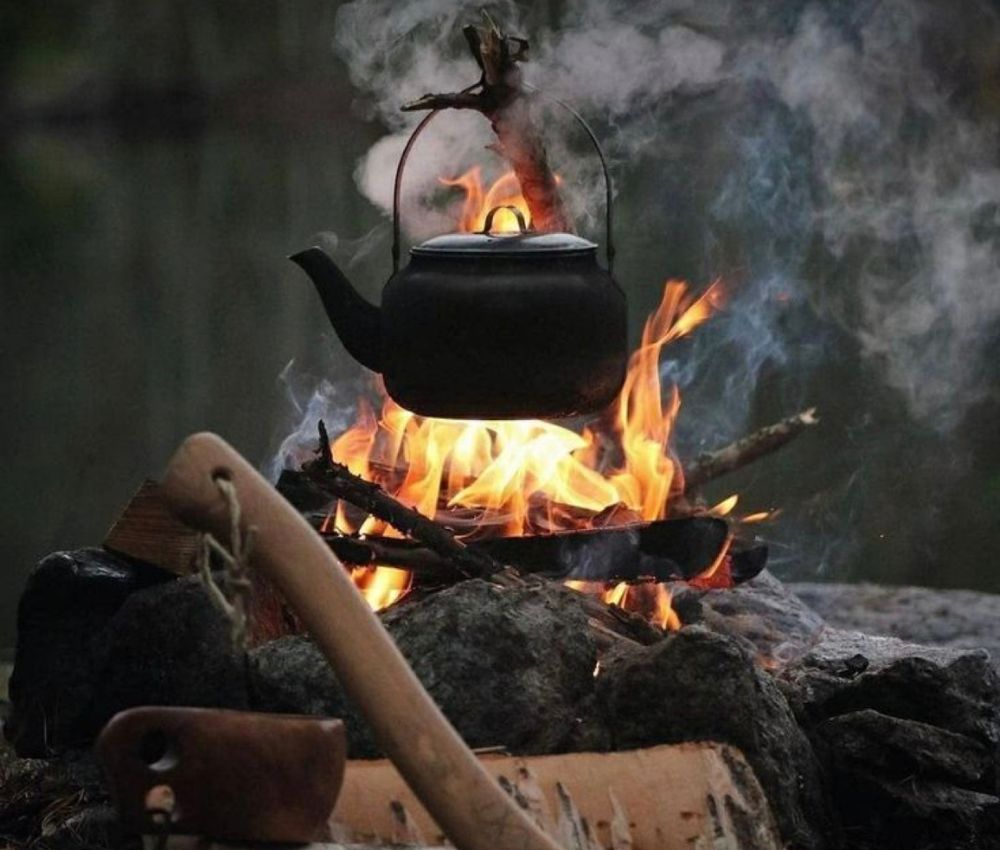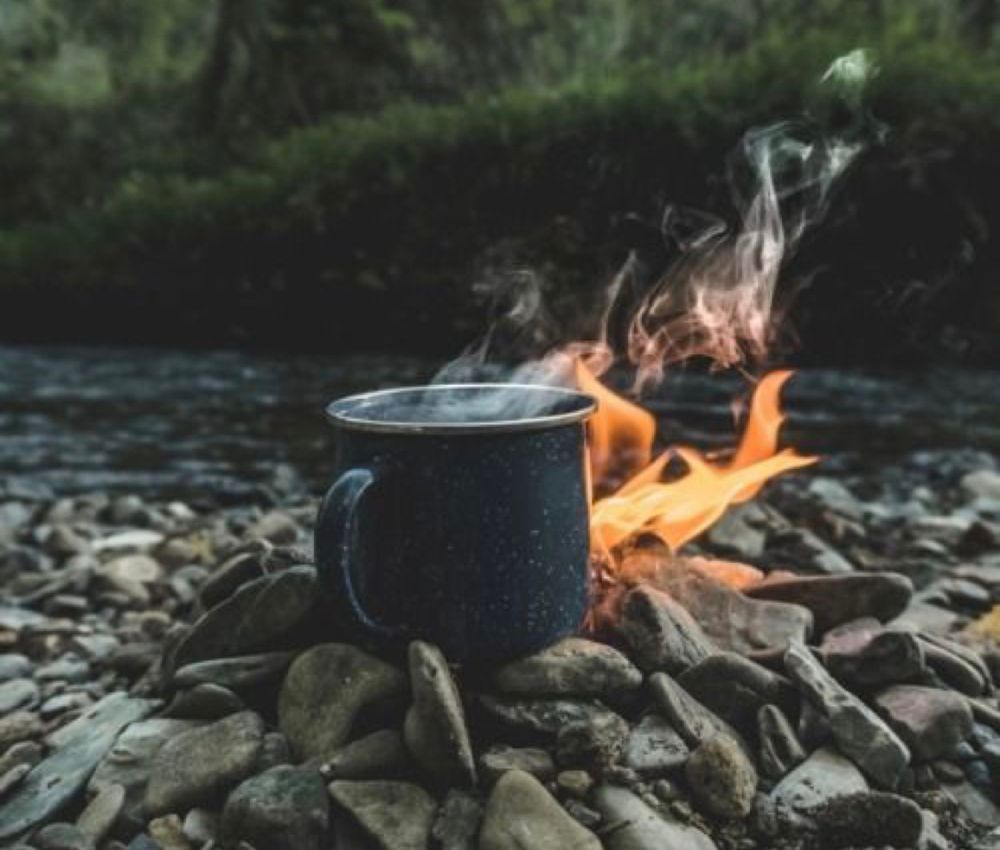Unpacking Ideas Around Democracy and Decision-Making

Unpacking Ideas Around Democracy and Decision-Making
Nau mai haere mai to another kōrero with our 100,000 Cups of Tea whānau and friends. Last week our topic was left open for our community to bring whatever was top-of-mind for them and as always, the conversation found its own shape.
One of our participants brought up a recent event they attended, where over 4,800 members came together to vote on constitutional changes. “Democracy was really exercised last night, and it was beautiful,” they shared. “When you allow people safe space to talk, to communicate, even when they're really polarising views… when you open space, hold space, and allow people to walk through it, democracy will be exercised.”
Tikanga and Democracy: Two Different Decision-Making Systems
At the same event, another kōrero emerged around the use of language inside of formal spaces, specifically, the proposal to remove Māori words like the word “tikanga” and replace it with “dispute resolution.” One participant offered their thinking: “Dispute resolution does not equate to tikanga, they’re not interchangeable. That’s a process that occurs [in many cultures]. Mainstream didn't invent dispute resolution.”
There appeared to be misunderstandings or misinterpretations not only about language terms, but the processes associated with it.
“We don’t have democracy in Te Ao Māori. Instead, we have tikanga, which supersedes democracy and acts differently. We have more consensus decision-making when it involves the group needing to make a consensus. In our ways, we don’t vote hands up. We talk until we sort out the differences.”
This experience was echoed by others in the group, who shared situations where competing values and misunderstandings arise. For example, some have equated Māori worldviews with religious beliefs and called for the organisation to be “neutral and secular.” This reflects a deeper challenge in navigating diverse worldviews and the difficulty in finding common ground when cultural perspectives are misunderstood or overlooked.
Creating Space for Mutual Ways and Understanding
It’s in these moments that tools Mutual Ways, developed by Walk Together, become useful. Arama explained: “The mutual ways framework helps people walk between worldviews rather than being forced into one. When we create safety, it’s safety for everybody”, even groups with opposing points of view.
“We don't want people to assimilate. What we want is mutual understanding. And it's advantageous for us to draw from the different worlds depending on the different contexts, rather than to have one blanket concept going on.”
Facilitation plays a critical role: “Sometimes it’s not ignorance, it’s just a lack of facilitation. Doing things to people, rather than with them, always creates a consequence.
Someone reflected on the cultural toll: “It’s culturally taxing [defending Māori and explaining how things are, when assumptions have been made]...sometimes we just want to live our lives and not have to deal with all this stuff.”
Another added: “What we try to avoid at all costs is taking away free will. That’s what the mutual ways space is for. And the facilitator protects that space.”
This kōrero highlighted the complexities of navigating systems across cultures, worldviews and the challenges of finding common ground in decision-making spaces. It reminded us that when Māori worldviews are misunderstood or reduced to simplistic labels, it’s not just a linguistic issue, it’s more of a deeper cultural one. The conversation reinforced the importance of creating safe spaces for dialogue, where different perspectives can coexist without forcing assimilation. Tools like Mutual Ways are essential in bridging these gaps, offering a path for mutual understanding and respect.
Register here and join us every at 11am for another interesting conversation.


